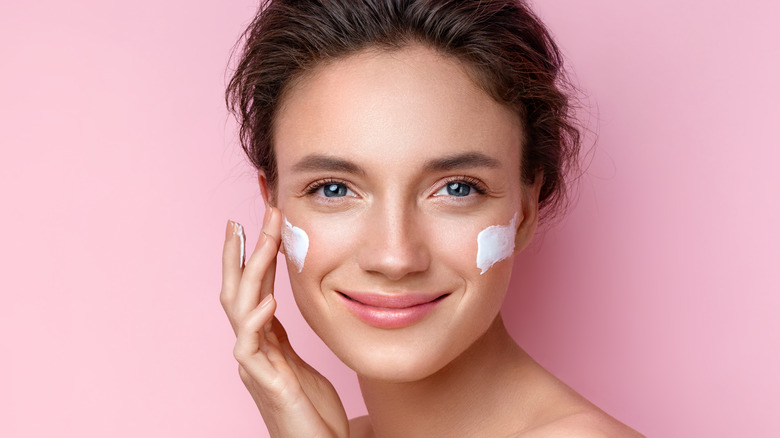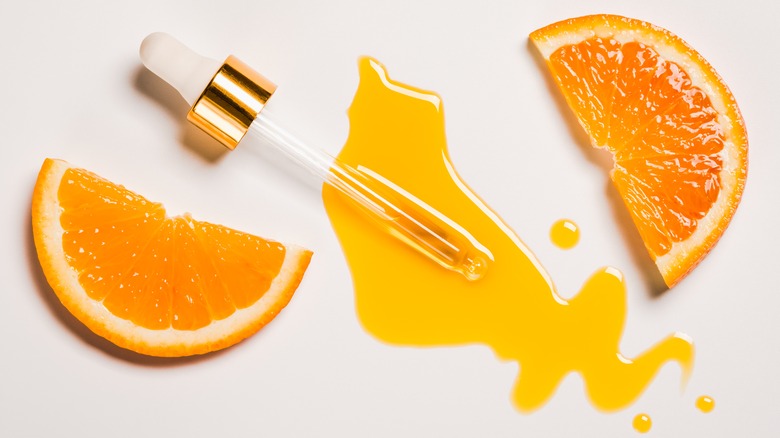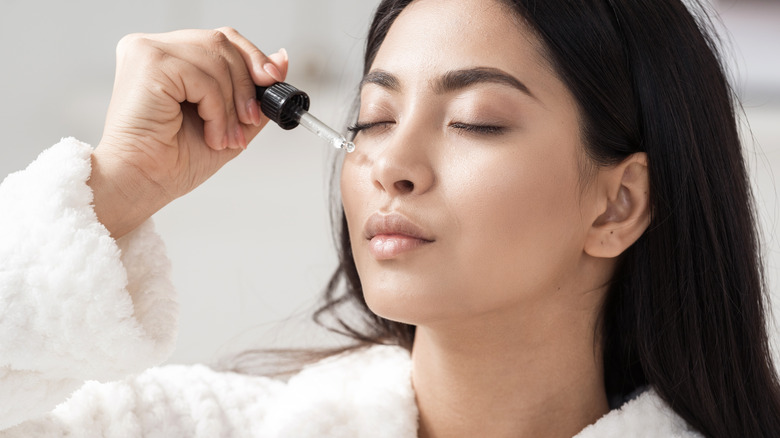Do Anti-Aging Vitamins Really Work?
The before and after pictures make it look like a miracle. One anti-aging product after another boasts about how you can remove years off your face with this one bottle. During the American Academy of Dermatology's 2002 annual meeting in New Orleans, New York-based dermatologist Karen E. Burke, MD said that you might be wasting your money. "Although many topical formulations contain antioxidants, very few are actually effective in preventing or reversing damage to the skin," Burke said in a news release. "Despite advertising claims, almost all available topical formulations contain very low concentrations of antioxidants that are not well absorbed by the skin."
You don't have to throw out your skincare regimen just yet. Some ingredients in anti-aging creams have antioxidant benefits. Burke's 2004 study in the Journal of Cosmetic Dermatology did find that topical vitamin C, vitamin E, and selenium can improve skin and reduce harmful free radicals. Topical vitamin C is 20 to 40 times more effective than oral supplements in absorbing this antioxidant into the skin. To be effective, vitamin C concentration must be at least 20% in the product. Topical vitamin E and selenium are also better-absorbed than their oral counterparts because they can stay on the skin and protect it for several days. Vitamin E must be between 2% to 5% concentration, and selenium's optimal strength should be .02% to .05%.
The power of vitamin C on the skin
Vitamin C inhibits free radicals from causing cancer and rapid aging, according to WebMD. Although vitamin C is found on the skin, smoking, the sun's UV rays, and pollution rob the skin of this vitamin. Many skin creams with vitamin C can lose their potency once oxygen reaches them.
A 2020 study in the Journal of Cosmetic Dermatology recruited 50 women aged 30 to 65 to apply a face serum with vitamin E, raspberry leaf extracts, and 20% vitamin C. The women applied the serum to half of their faces each day for eight weeks. Compared to the other side of their faces, their skin had improved in skin color, elasticity, and radiance. Their skin was also more smooth, less scaly, and had fewer wrinkles.
Although topical vitamin C can help the skin, it's also important to get vitamin C in your diet to help your body heal (via Mayo Clinic). Your body can't produce vitamin C on its own, so fruits and vegetables are good sources for your daily needs.
Vitamin E and selenium can also improve your skin
Vitamin E can be found in the oils of your skin, and these oils can diminish with age, according to the Cleveland Clinic. Sunlight, tanning beds, and even some indoor light bulbs can reduce the amount of vitamin E on your skin. Vitamin E can help keep your skin moist if it's added to other skin treatments. Look for at least .1% of tocopherol or tocotrienol in the skin treatment. You can also get vitamin E from sunflower oil, nuts, spinach, and broccoli. If you choose to take a supplement, don't take more than 15 milligrams a day. Too much vitamin E can be toxic.
Selenium, on the other hand, is a powerful antioxidant that can reduce inflammation and DNA damage, according to a 2019 review in Aging Clinical and Experimental Research. However, taking selenium supplements isn't effective in helping the body fight off age-related diseases. Instead, you can find selenium in whole grain cereals, seafood, and eggs (via WebMD).
Keep in mind, selenium can be effective in improving the skin if it's in a topical skin cream. A 2022 study in Frontiers in Nutrition had women apply a facial mask with selenium-enriched mung beans for 15 to 20 minutes a day. After four weeks, their skin had more moisture and fewer wrinkles.



